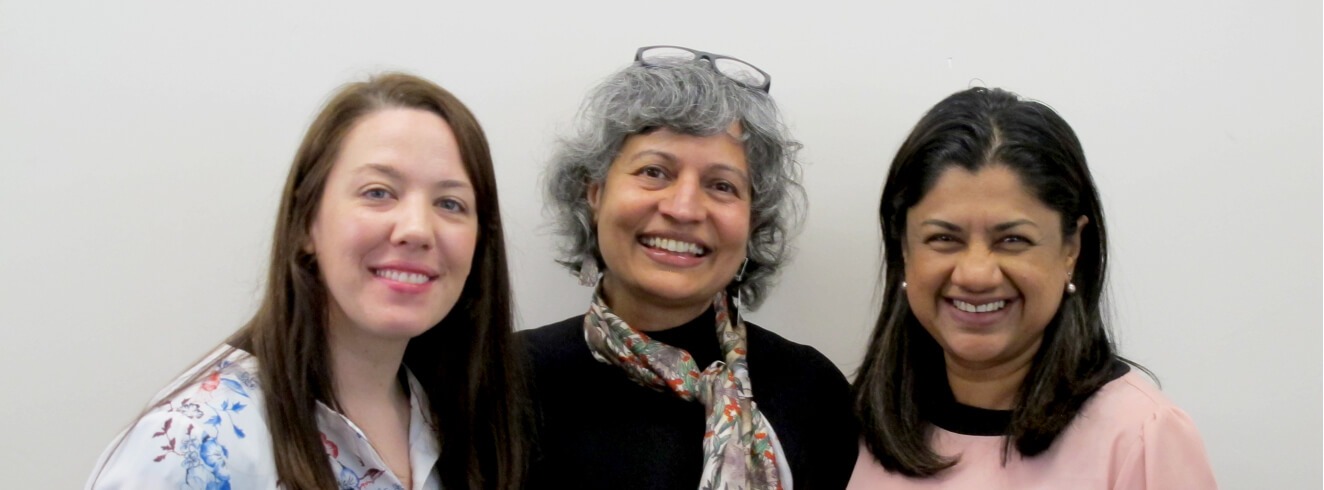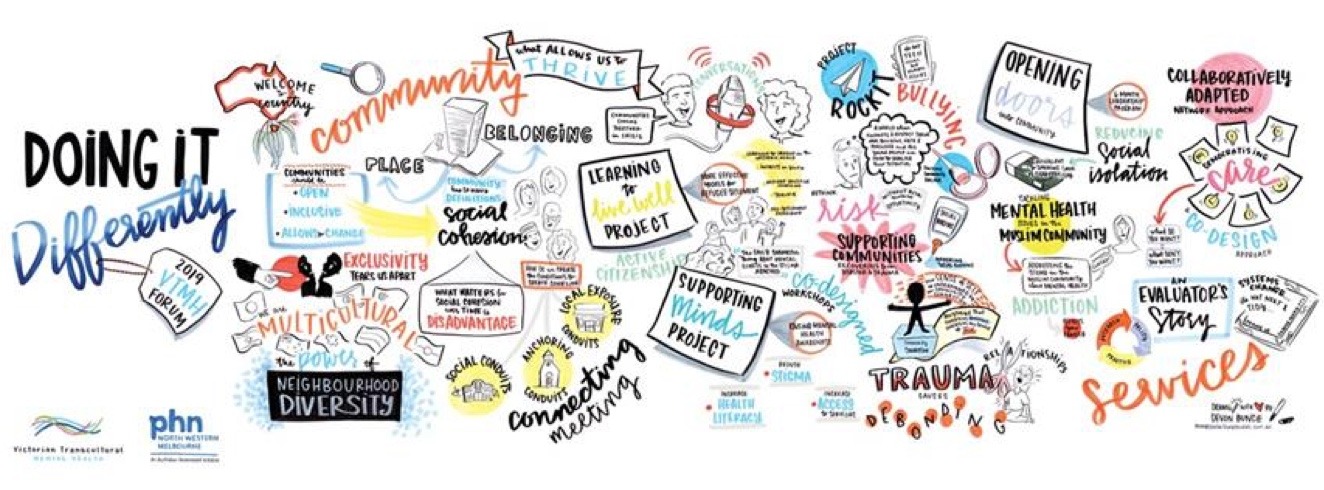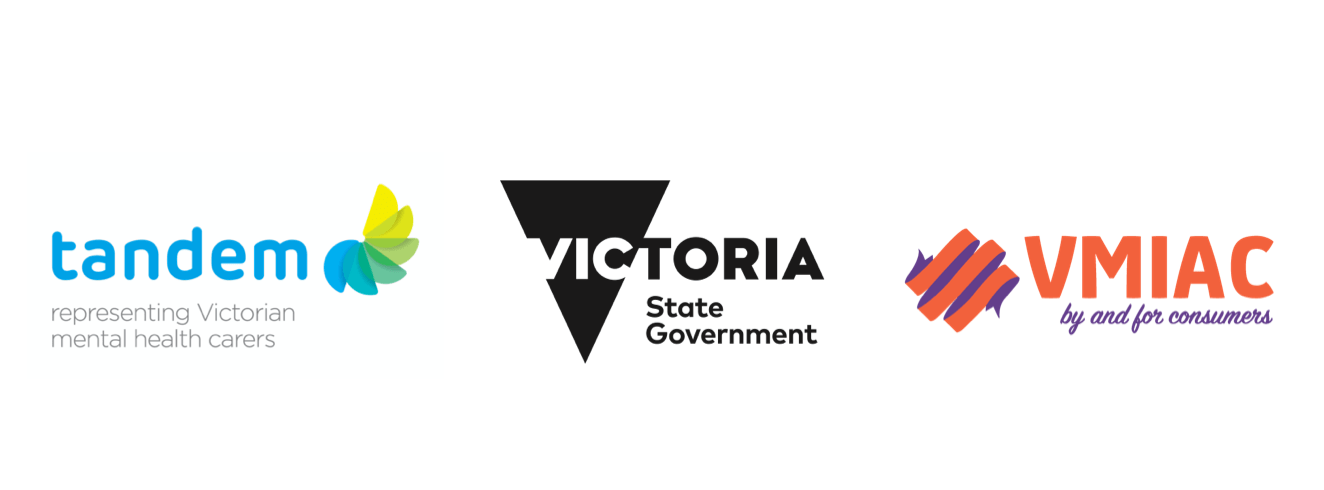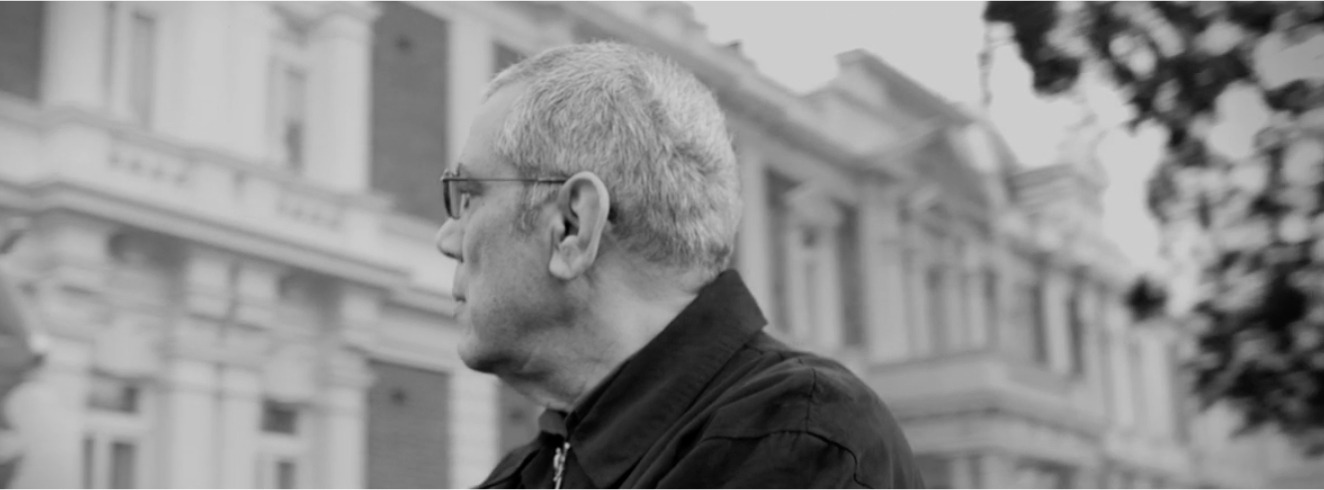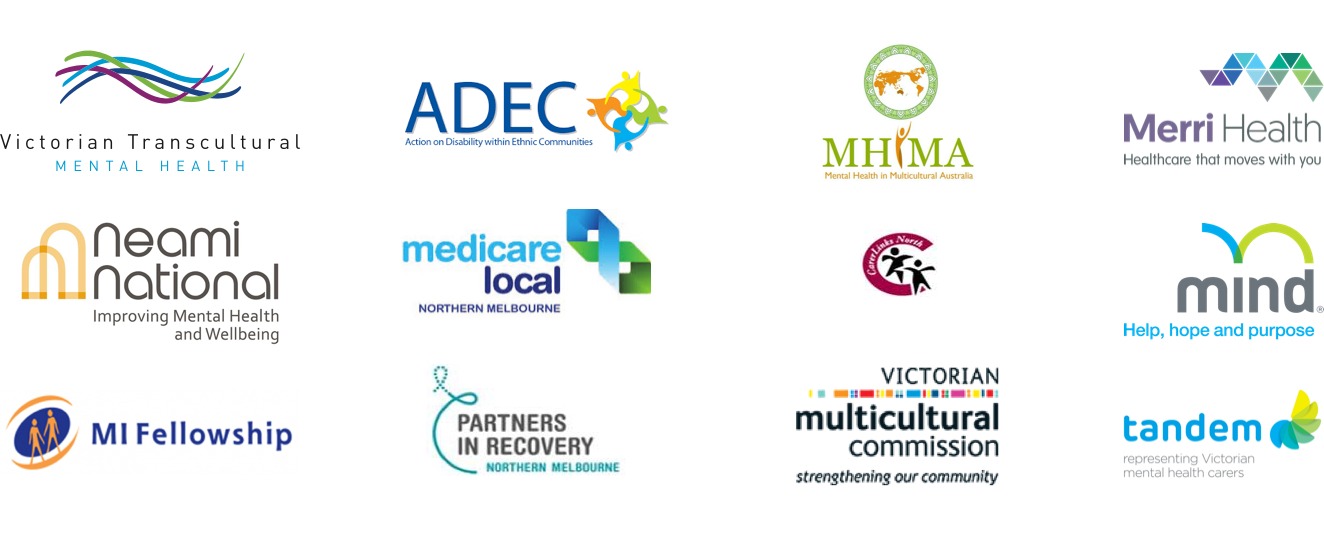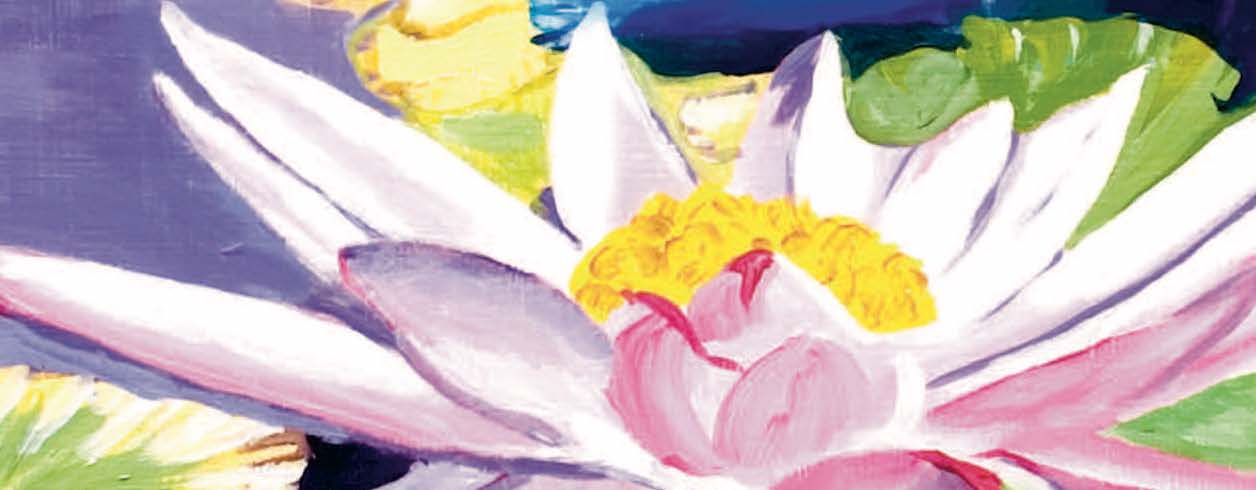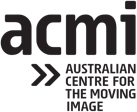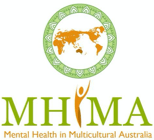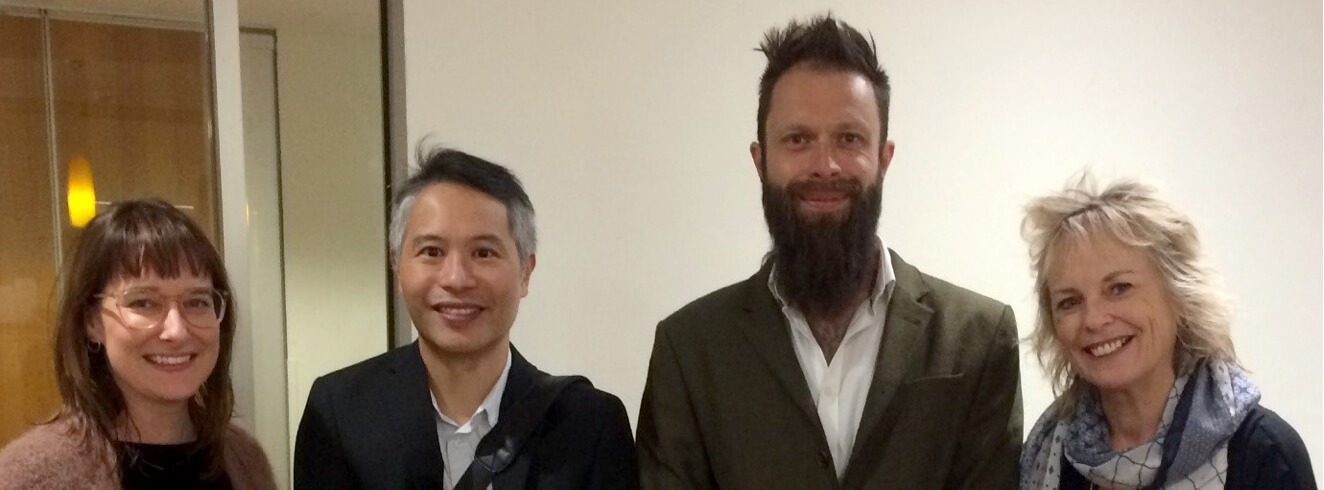
This project was developed as a result of feedback from a joint forum held by VTMH and Spiritual Health Association in August 2017, ‘Opening Doors to Spiritual Experience: exploring practices that enrich personal recovery’. A strong theme that came out of the feedback received from this event was that mental health practitioners were wanting more reflective spaces to discuss Spirituality in regards to Recovery.
Through six, monthly sessions lasting 90 minutes each, these groups have consisted of participants from various mental health services across Victoria. Roles have included Lived experience practitioners, Case Managers, Community mental health practitioners, Psychiatric Nurses and Spiritual Care Workers.
The sessions were facilitated by Jennifer Greenham, Spiritual Health Association; James Godfrey, a Spiritual Care Coordinator from Forensicare; Justin Kuay, Consultant Psychiatrist at VTMH and Josie Tremain, Education & Service Development Consultant at VTMH. Each session of the program explored a different theme for reflection and discussion including:
- Psychiatry and God — why are they such uncomfortable bedfellows?
- I’m spiritual but not religious — what does this mean?
- How to respond caringly to someone who believes they are Jesus, Mohammed or other revered sages
- How to respond to a request for prayer
- Recovery & Spiritual Care Values — are we talking about the same thing?
- Spirituality discussion groups — what’s involved and could you facilitate one in your workplace?
These discussion groups invited practitioners to share their experiences and insights, and to unpack some of the unknowns surrounding spiritual and religious discussions in mental health settings. They allowed practitioners to develop a deeper understanding of how to explore conversations with mental health consumers about their diverse spiritual beliefs.
The program received a high level of interest from across the mental health sector and demand for places filled very quickly. Evaluation of the feedback and outcomes of the program is currently underway and will determine the next phase of this program in 2020.
Thank you to all the participants that have attended and contributed to this series of discussions throughout 2019.
Some comments from the feedback:
“It was respectful, open, inquisitive and invitational”
“Everyone allowing space, fascinating perspectives, broadening understanding”
“Open mind to spirituality, there is no wrong door to recovery”
You can keep in touch with VTMH through our website and by subscribing to our mailing list here.
